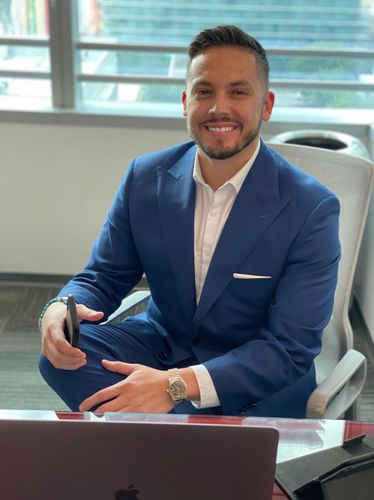Summary
Nvidia CEO Jensen Huang won U.S. approval to sell its H20 AI chip to China, securing billions in potential sales. The rare policy reversal followed his $500B U.S. investment pledge, tariff negotiations, and strategic lobbying in Washington and Beijing.
Economic Data
- 📈 US PPI PRODUCER PRICE INDEX: Aug 13, 2025
- 📈 US RETAIL SALES: Aug 15, 2025
📚 Deep Dive 📚
Nvidia’s Jensen Huang Pulls Off a High-Stakes Win in the U.S.-China Chip Chess Game
In a rare break from Washington’s hardline stance on tech sales to China, Nvidia CEO Jensen Huang has pulled off a diplomatic and corporate coup — securing approval for the company’s H20 AI chip to be sold in China. The move could preserve tens of billions in future sales and subtly shift the tone of U.S. export policy.
The Backroom Deal That Changed Everything
This win wasn’t an overnight success. Months of delicate lobbying unfolded in Washington and Beijing, with Huang personally making the case to President Trump.
His pitch was bold:
“A blanket ban on chip sales will only speed up China’s tech independence — and create stronger rivals. Keep them reliant on U.S. chips, and Nvidia will invest up to $500 billion in U.S.-based AI infrastructure.”
The promise of one of the largest private-sector investments in history worked. The Trump administration approved the H20 — a less powerful, export-compliant chip — triggering a 4% surge in Nvidia’s stock and pushing its market cap beyond $4 trillion.
The Beijing Response
China responded quickly, approving a $35 billion transaction involving U.S. chip software firms and shelving a regulatory probe into Nvidia. The message was clear: Huang had become a critical bridge in maintaining supply chains.
Trump’s Tariff Twist
In a subsequent White House meeting, Trump floated an unprecedented idea — the U.S. taking 20% of Nvidia’s China chip sales in exchange for export licenses.
Huang pushed back, sketching a diagram in the Oval Office to explain why such tariffs would harm U.S. production. He countered with 15% and secured a broader exemption: tech companies making major U.S. investments would avoid near-100% tariffs on imported semiconductors.
Why This Is a Policy Breakthrough
For years, national security priorities have outweighed corporate concerns in U.S.-China tech relations. Huang’s win is one of the first major reversals, drawing both praise and criticism.
Lawmakers warn that Chinese AI firms — and possibly the military — could benefit. Nvidia insists the H20 cannot train large-scale AI models, though it remains valuable for AI inference tasks.
Building Political Power
Once known for avoiding politics, Huang shifted gears in 2023 as export rules tightened. He hired Robert O’Brien (Trump’s former national security adviser), built relationships with Commerce Secretary Howard Lutnick and AI czar David Sacks, and earned in China the nickname “Magic Tailor” for modifying chips just enough to pass U.S. rules.
With Nvidia’s China market share dropping from 95% to 50%, the H20’s approval is critical — and paves the way for the next China-specific chip, a stripped-down variant of the Blackwell architecture. Samples are already in the hands of Alibaba, Xiaomi, and MiniMax.
What’s Next
Trump is currently comfortable with the H20 sale, believing the U.S. still leads in chip performance. But Huang is expected back in the Oval Office soon — likely pitching the next generation of Nvidia chips.
And if history is any guide, he’ll probably get what he wants.
See you on the Trading Floor - Carlos G.


